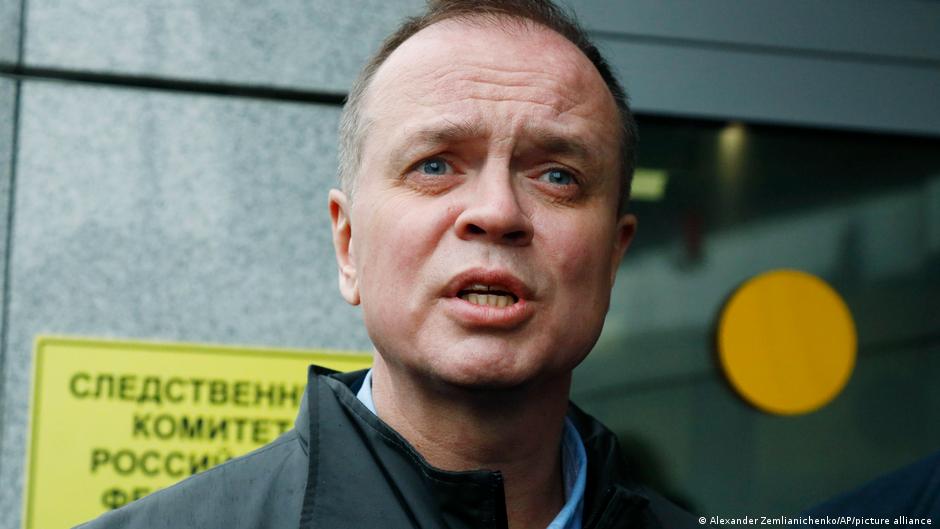
Oct 15, 2021 | News
Russian authorities must immediately withdraw their motion to disbar lawyer Ivan Pavlov and stop their harassment of the lawyer as a result of his professional duties, the International Commission of Jurists (ICJ) said.
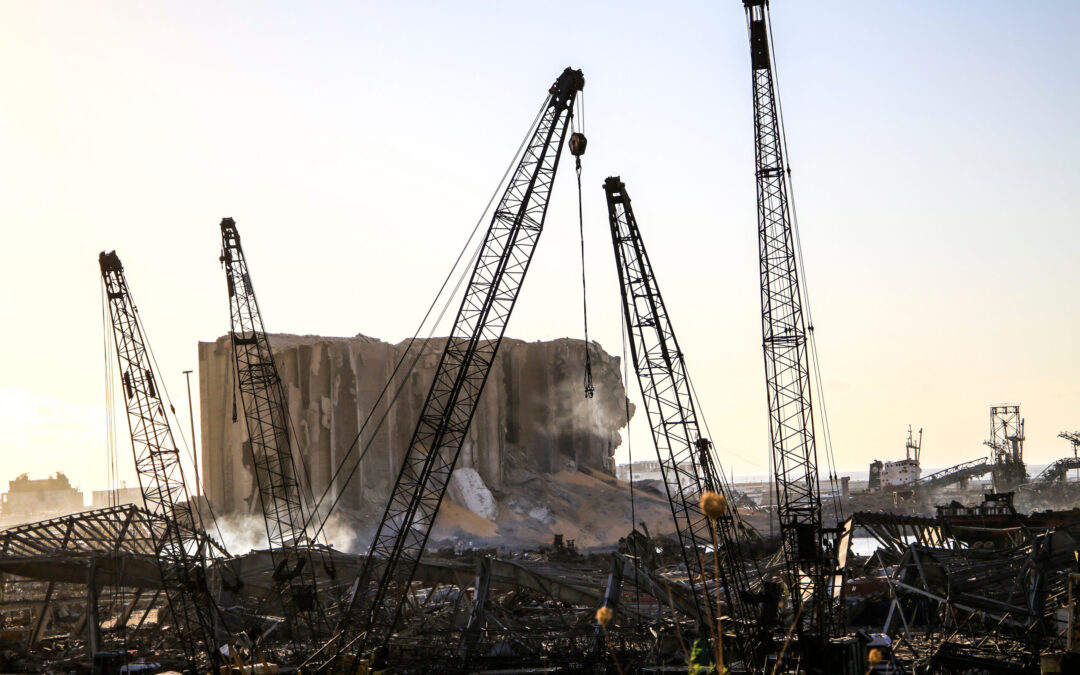
Oct 13, 2021 | News
The Lebanese authorities must end attempts to obstruct, intimidate and threaten Judge Tareq Bitar, including the baseless and self-serving lawsuits aimed at removing him from the investigation into the Beirut blast, the International Commission of Jurists (ICJ) said today.
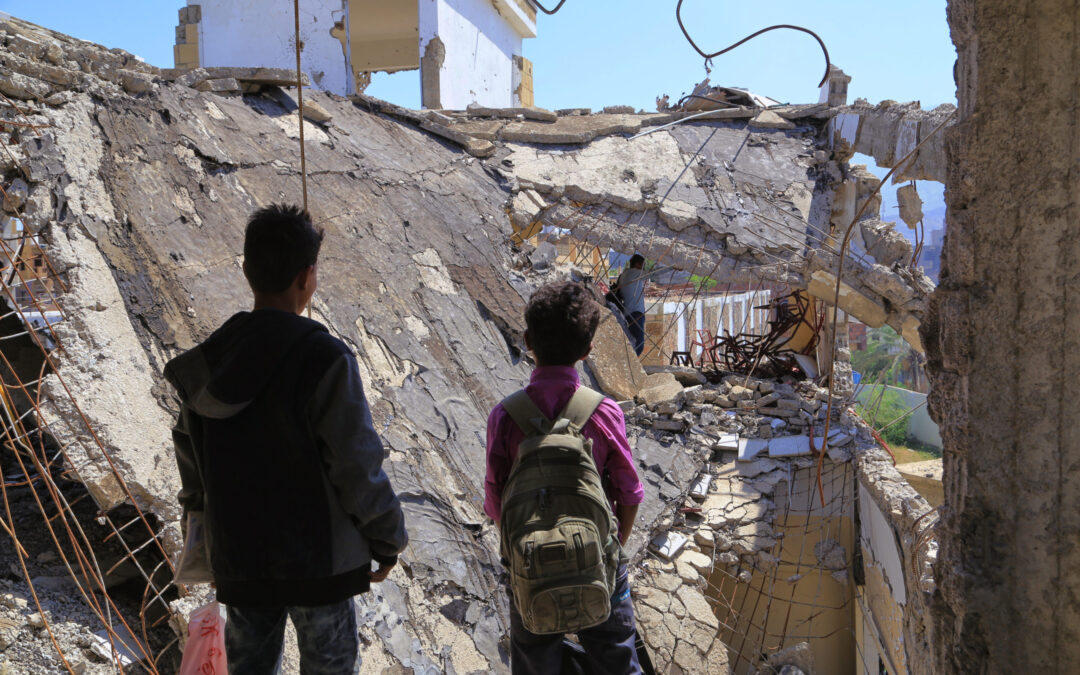
Oct 13, 2021 | News
Civil society organizations condemn and express their profound disappointment at the United Nations Human Rights Council’s decision to discontinue the mandate of the Group of Eminent Experts on Yemen.
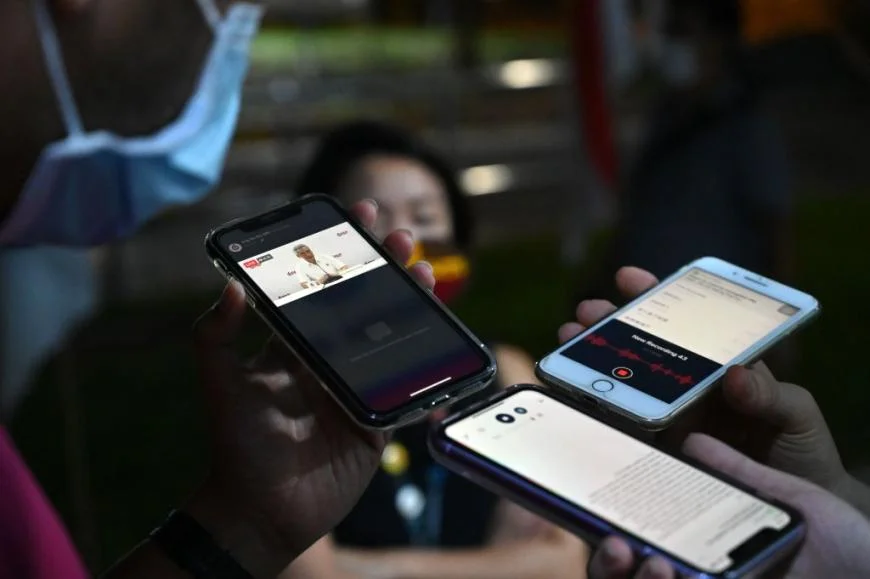
Oct 13, 2021 | News
Today, ICJ and nine others organizations called on the Government of Singapore to withdraw the Foreign Interference (Countermeasures) Bill (‘FICA’). FICA’s provisions contravene international legal and human rights principles – including the rights to freedom of expression, association, participation in public affairs, and privacy – and will further curtail civic space, both online and offline.
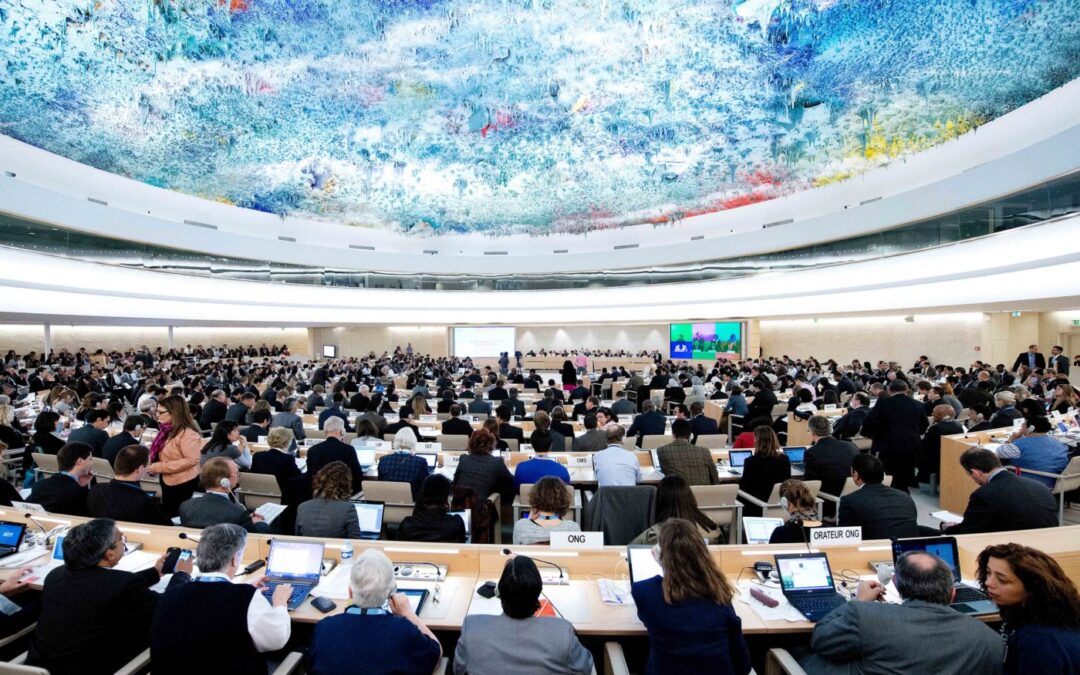
Oct 8, 2021 | News
The ICJ today applauded the adoption of a landmark resolution by the UN Human Rights Council recognizing the human right to a clean, healthy and sustainable environment, and a second resolution and establishing a Special Rapporteur on the promotion and protection of human rights in the context of climate change.
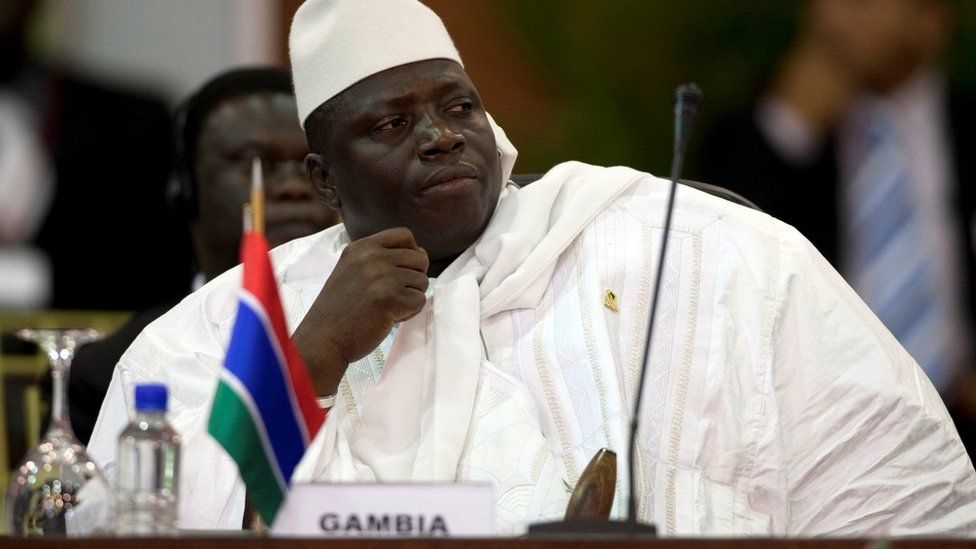
Oct 8, 2021 | News
The United Nations Working Group on Enforced Disappearances supports prosecution of crimes committed during the presidency of Yahya Jammeh and for a new international inquiry into the 2005 massacre of more than 50 West African migrants. The UN recommendations to duly investigate and prosecute without delay all cases of enforced disappearances is a positive sign, said 17 groups that have been campaigning for justice in The Gambia.










